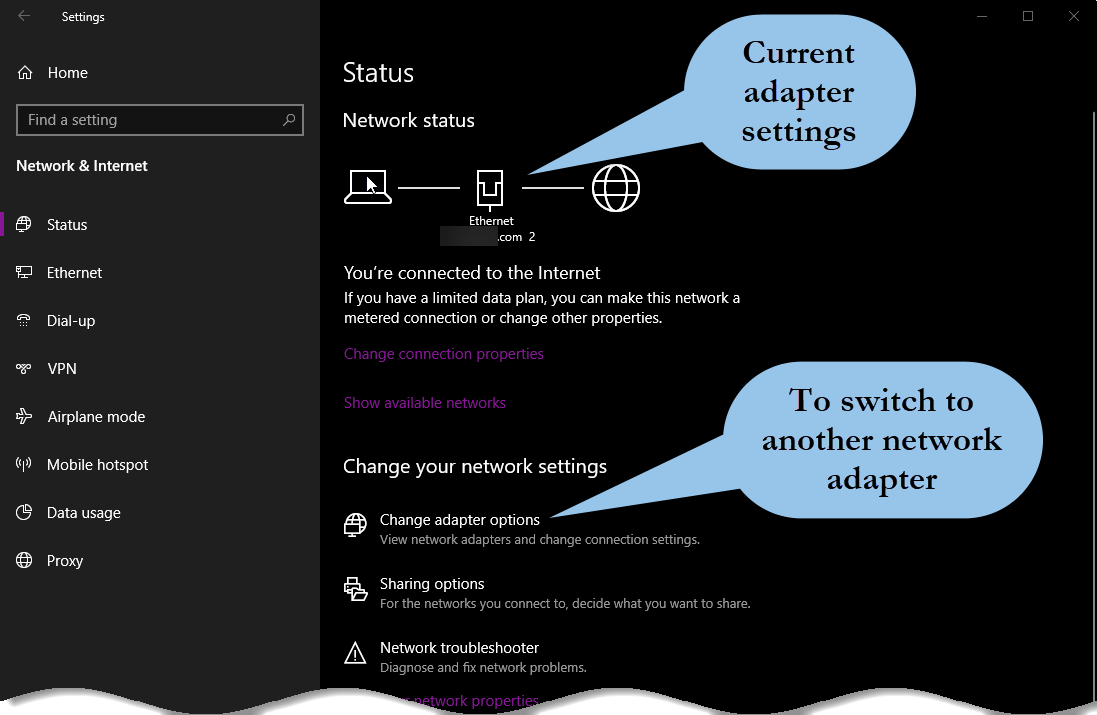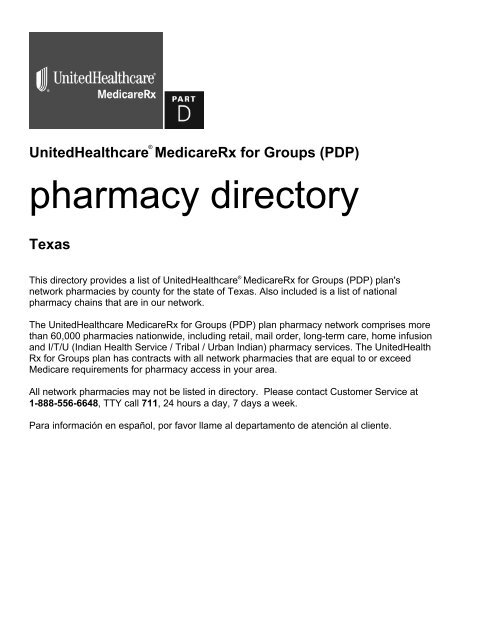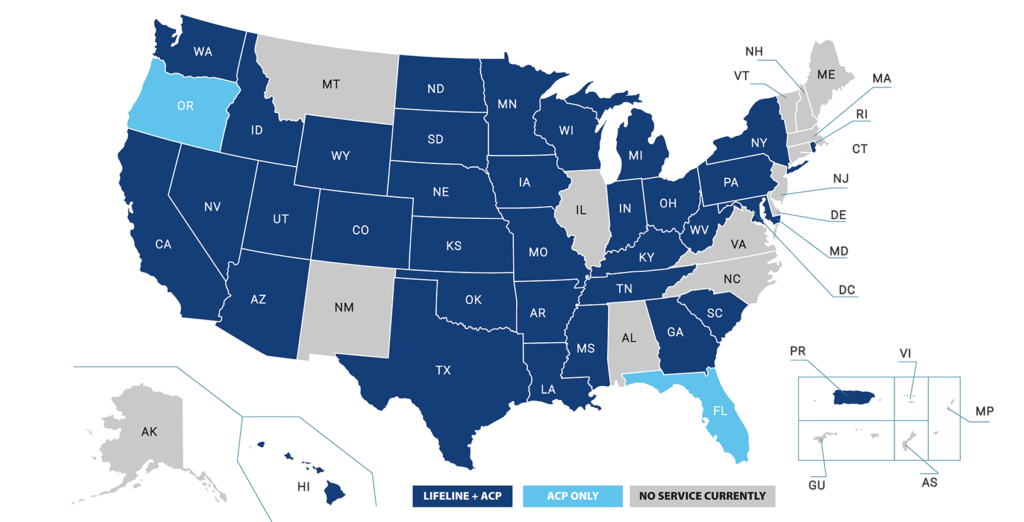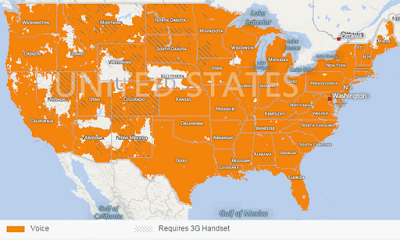As we rely more and more on digital devices, it’s important to understand the technical terms that come along with them. One of the terms you may have heard in relation to your internet usage is metered network. While it sounds complex, it’s actually a fairly simple concept that can have a big impact on your browsing experience and your wallet.
In short, a metered network is one in which your internet usage is monitored and limited. This can mean that you have a set amount of data you’re allowed to use each month, or that certain types of online activities (such as streaming video) are restricted. Whether you’re using a mobile hotspot or a home internet connection, understanding how metered networks work can help you make informed decisions about your data usage and avoid unexpected charges. Let’s dive in and explore what metered networks are, how they work, and what you need to know to stay in control of your online activity.

What is a Metered Network?
A metered network is a type of computer network that charges a fee for the amount of data that is transferred over the network. It is also known as a pay-as-you-go network. This type of network is common in business settings, where it is used to track and manage the amount of data that is transferred over the network.
How Does a Metered Network Work?
A metered network typically works by charging customers a fee for the amount of data that is transferred over the network. This can be done on a per-byte, per-packet, or per-session basis. The fees are usually based on the amount of data transferred and the type of traffic that is being transferred. For example, a metered network may charge a lower fee for web browsing traffic than for streaming audio or video traffic.
The fees charged for a metered network are typically based on the amount of data transferred and the type of traffic on the network. The fees for each type of traffic can vary greatly depending on the network. Some networks charge a flat fee for all traffic, while others may charge different rates for different types of traffic.
Benefits of a Metered Network
Metered networks offer several key benefits. They allow businesses to track and manage the amount of data that is transferred over the network, which can help to reduce overall costs. Additionally, metered networks provide a way to monetize the network by charging customers for the amount of data that is transferred. This can be beneficial for businesses that need to generate revenue from the network.
Metered networks also provide businesses with greater control over the network. By charging for the amount of data that is transferred, businesses can ensure that the network is not overloaded with traffic. This can help to ensure that the network remains fast and reliable. Additionally, businesses can use metered networks to prioritize certain types of traffic, such as video streaming, which can help to improve the user experience.
Limitations of a Metered Network
While metered networks offer several advantages, there are some limitations as well. The fees charged for data transfer can be quite high, which may make them prohibitively expensive for some businesses. Additionally, metered networks can be difficult to manage, as the fees may vary greatly depending on the type of traffic. Finally, metered networks are not suitable for all types of traffic, such as video streaming, which may require a different type of network.
Frequently Asked Questions
A metered network is a type of connection to the internet that charges a user based on the amount of data they use. This type of connection is becoming more popular as businesses, homes, and other users look to control their data usage and keep costs low.
What does metered network mean?
A metered network is a type of internet connection that charges a user based on the amount of data they use. This type of connection is becoming more popular as businesses, homes, and other users look to control their data usage and keep costs low.
Metered networks often come with plans that have a cap on the amount of data that can be used each month. This means that users can choose plans that fit their data usage and budget. For example, a user might choose a plan with a cap of 50GB of data per month. This ensures that the user can stay within their budget, while still having access to the internet.
How does a metered network work?
A metered network works by charging a user based on the amount of data they use. This type of connection is becoming more popular as businesses, homes, and other users look to control their data usage and keep costs low.
When a user connects to a metered network, they will be charged for the amount of data they use. This can be done in a variety of ways, such as by charging a flat rate or by charging per megabyte of data used. The user will typically be able to monitor their data usage in real time, so that they can adjust their usage as needed.
What are the benefits of a metered network?
The main benefit of a metered network is that it allows users to control their data usage and budget. This means that users can choose plans that fit their data usage and budget. For example, a user might choose a plan with a cap of 50GB of data per month. This ensures that the user can stay within their budget, while still having access to the internet.
Another benefit of a metered network is that it can help to prevent overage charges. By monitoring their data usage, users can adjust their usage as needed to ensure that they stay within their allotted data plan. This can help to save money, as users won’t have to pay for an expensive overage fee.
Are there any drawbacks to a metered network?
One potential drawback to a metered network is that users may not be able to access as much data as they would with an unlimited data plan. This means that users may have to be more mindful of their data usage, as they won’t be able to access as much data as they would with an unlimited plan.
Another potential drawback is that metered networks can be more expensive in the long run. This is because users will have to pay for the data they use, regardless of whether they use all of it or not. This means that users may end up paying more for the same amount of data as they would with an unlimited plan.
What is the difference between a metered network and an unlimited network?
The main difference between a metered network and an unlimited network is that a metered network charges a user based on the amount of data they use, while an unlimited network does not. Metered networks often come with plans that have a cap on the amount of data that can be used each month. This means that users can choose plans that fit their data usage and budget.
In contrast, an unlimited network does not have any data caps and allows users to access as much data as they need. This means that users can access more data without worrying about overage charges. However, it is important to note that unlimited networks can be more expensive than metered networks in the long run.
In conclusion, understanding what metered network means is crucial in today’s digital age. With the increasing reliance on the internet and mobile devices, it is important to be aware of the limitations and costs that come with using a metered network. Individuals and businesses alike must be conscious of their data usage and take measures to optimize their internet usage to avoid unexpected fees and slow connectivity.
Moreover, as technology continues to evolve, it is likely that metered networks will become more prevalent. This means that staying informed about the latest developments in network technology and pricing structures will be essential. Ultimately, by understanding what metered network means, we can make informed decisions about our internet usage and avoid any unpleasant surprises when it comes to our bills.




